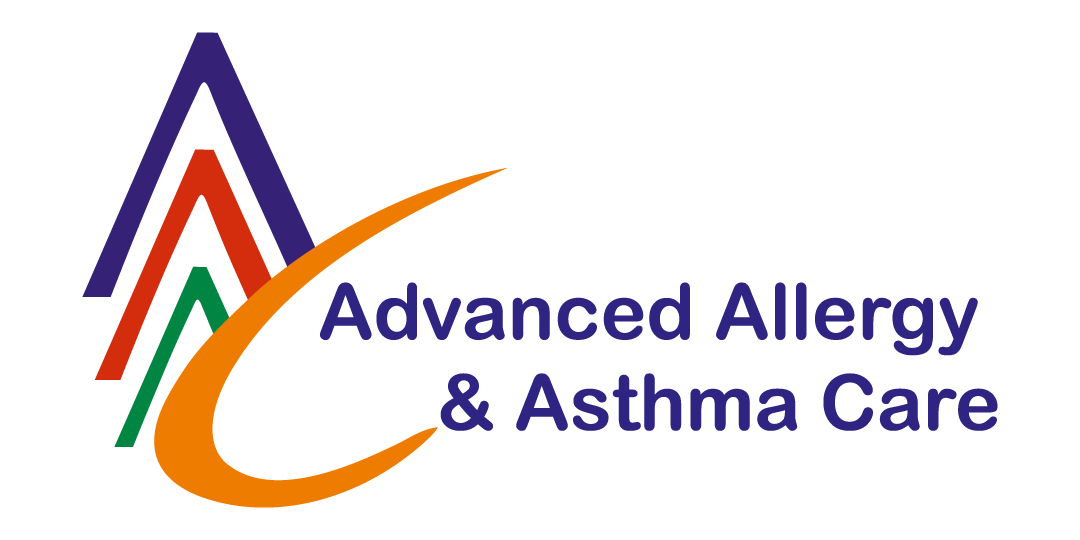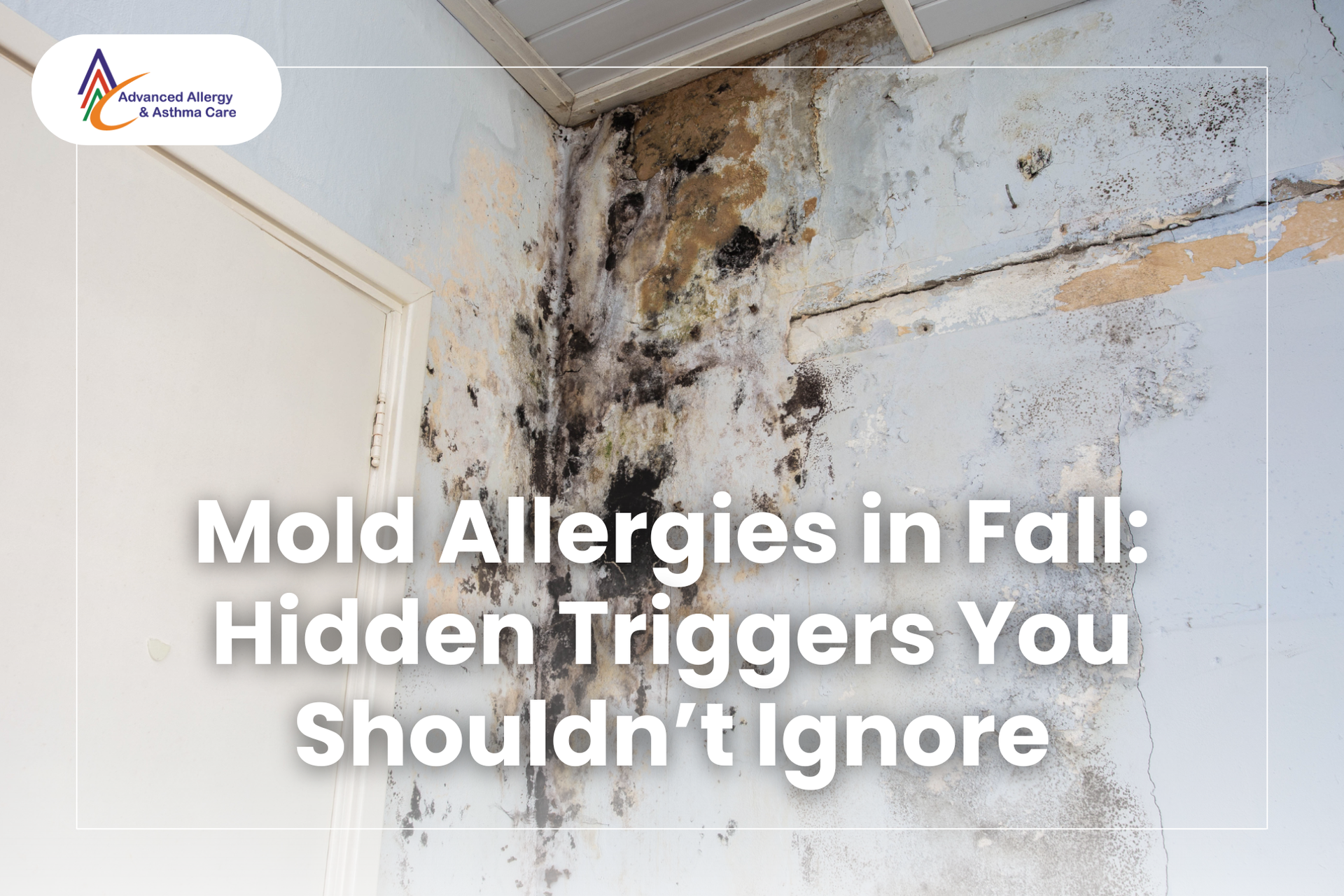Anyone who has experienced urticaria understands how bothersome and irritating it can be. Those red, itchy welts can appear suddenly, vary in size, and spread across your skin, often leaving you feeling self-conscious. For some people, it’s just a minor inconvenience, but for others, it can linger for weeks, complicating even the simplest daily tasks.
Finding the right urticaria treatment is crucial, as the constant itching can interfere with your life, rob you of sleep, and dampen your mood. With the right approach, you can minimize flare-ups and get the relief you need.
Let’s explore the common causes of urticaria and discuss effective ways to keep this condition under control.
Urticaria Making Daily Tasks Difficult?
Common Triggers of Urticaria
Urticaria is a skin condition marked by raised, itchy bumps that can cause varying levels of discomfort. The initial step in hives (urticaria) treatment is identifying the triggers. While it may seem like they just show up out of nowhere,
specific factors may contribute to a hives breakout. Recognizing these indicators can help you take steps to prevent future outbreaks.
Allergens
Allergens known to cause urticaria include pollen, dust mites, pet dander, and insect stings. These substances can provoke a reaction through either direct contact or ingestion.
Practical Advice:
Here are some actionable steps you can take to limit your exposure to allergens:
- Keep Your Home Clean: Vacuum regularly, wash your bedding in hot water, and use dust-proof covers to reduce dust mites, pet dander, and pollen.
- Limit Outdoor Exposure: On high-pollen days, stay inside, close the windows, and shower after being outdoors to wash away allergens from your skin and clothes.
- Manage Pet Allergies: Designate pet-free spaces in your home and ensure your pets are well-groomed to minimize dander.
Stress
Experiencing emotional stress or anxiety can prompt your body’s immune system, causing hives to flare up.
Practical Advice:
Take a look at these practical tips for handling stress-related urticaria:
- Relaxation Techniques: Incorporate deep breathing, meditation, or yoga into your routine to calm your mind and body.
- Exercise Regularly: Engage in moderate activities like walking or swimming to relieve stress and boost overall health.
- Talk to Someone: Share your stress with a friend, therapist, or counselor for support.
Foods
Certain foods, such as shellfish, nuts, eggs, and artificial additives, can often trigger urticaria. The tricky part is that reactions to these foods may only occur after a period of time, making it hard to identify the exact cause.
Practical Advice:
Explore these methods to identify and avoid foods that may provoke flare-ups:
- Food Diary: Track what you eat and when hives occur to identify patterns and triggers.
- Elimination Diet: With guidance from a professional, remove common culprits, then slowly reintroduce them to test for reactions.
- Consult an Allergist: If you're unsure which foods are causing hives, consider allergy testing to identify specific sensitivities.
Medications
Certain over-the-counter (OTC) or prescription medications, such as antibiotics, aspirin, or ibuprofen, can sometimes trigger urticaria. If you suspect a medication may be causing your symptoms, consult your doctor before stopping any treatments.
Practical Advice:
Here are a few helpful tips for coping with medication-induced hives:
- Track Reactions: Write down any new medications you take and note if hives appear soon after.
- Carry an Antihistamine: If you’re worried about hives from medications, keep an antihistamine handy for quick relief.
- Allergy Testing: Talk to an allergist to determine if a particular medication is causing your hives and explore other options.
Environmental Factors
Sudden temperature changes, cold or heat, sunlight, or even water can trigger hives. Some people also get hives from pressure on their skin, like from tight clothes or heavy bags.
Practical Advice:
Consider the following tips to help manage hives triggered by environmental factors:
- Dress for Comfort: Wear layered clothing for temperature control and loose-fitting garments to reduce skin irritation.
- Avoid Extreme Temperatures: Stay indoors during extreme heat or cold.
- Hydrate: Drink plenty of water to keep your skin hydrated and less susceptible to irritation.
Immediate Urticaria Relief Techniques
When the welts show up, quick relief is often a top priority. OTC medication for hives, itching, and other treatments can be a lifesaver in managing uncomfortable symptoms.
Antihistamines
OTC antihistamine for hives is the usual go-to for relief, blocking histamine receptors to reduce itching and swelling. Take as needed, but follow dosage instructions carefully to avoid any complications. For guidance, consult an allergy doctor to find the best antihistamine for urticaria tailored to your needs.
Calamine Lotion
Another effective option for soothing itching is calamine lotion. It cools the skin and forms a barrier against irritants. Shake the container well, apply it with a cotton pad, and let it dry on the affected area.
Long-Term Urticaria Management Strategies
Managing chronic urticaria involves lifestyle changes and symptom tracking, which can relieve symptoms and improve your quality of life.
Here are some effective strategies to consider:
Dietary Changes
Try a
pseudoallergen-free elimination diet to identify food intolerances that may trigger urticaria, as effects can take 10-14 days to appear. Staying hydrated and focusing on a balanced diet with anti-inflammatory foods can help reduce inflammation and support skin health.
Stress Management
Incorporating mindfulness techniques such as yoga, meditation, and deep-breathing exercises can lower stress levels that worsen urticaria symptoms. Emotional stress can trigger hives, and Cognitive Behavioral Therapy (CBT) can help you develop effective coping strategies.
Regular Exercise
Regular physical activity is key for overall health and stress reduction, although some may experience exercise-induced urticaria. A consistent routine can improve mood and sleep, so listen to your body and adjust to avoid triggers.
Symptom Tracking
Keeping a symptom diary is essential for managing chronic urticaria. It helps identify patterns and triggers by tracking symptoms' frequency, intensity, and potential triggers such as activities, foods, and emotional states. Additionally, noting medication use and effectiveness can guide treatment adjustments for patients and healthcare providers.
When to Consult an Allergy Doctor
Seek medical attention immediately if your hives last more than six weeks, are extremely painful, or occur with difficulty breathing, dizziness, or swelling of the face, lips, or throat. These symptoms may signal a severe allergic reaction or anaphylaxis requiring urgent care.
For chronic or difficult-to-manage hives, consider consulting allergists at
Advanced Allergy and Asthma Care. Our specialists can conduct tests to identify specific allergies and recommend effective treatments, including stronger medications or biologic therapies, to develop a personalized long-term relief plan tailored to your needs.
Relieve Your Urticaria Symptoms with Advanced Allergy and Asthma Care Experts
Urticaria can often feel like a constant battle, with unexpected, itchy outbreaks disrupting your daily routine. At
Advanced Allergy and Asthma Care, our experienced allergy doctors are here to support your journey to comfort and well-being. We will work with you to create a personalized urticaria treatment plan that targets your symptoms and provides long-lasting relief.
You deserve to live your life free from the burden of hives. Contact us today at (727) 544-8100 or (813) 476-3394 to schedule an appointment.
Find Relief from Urticaria Today









